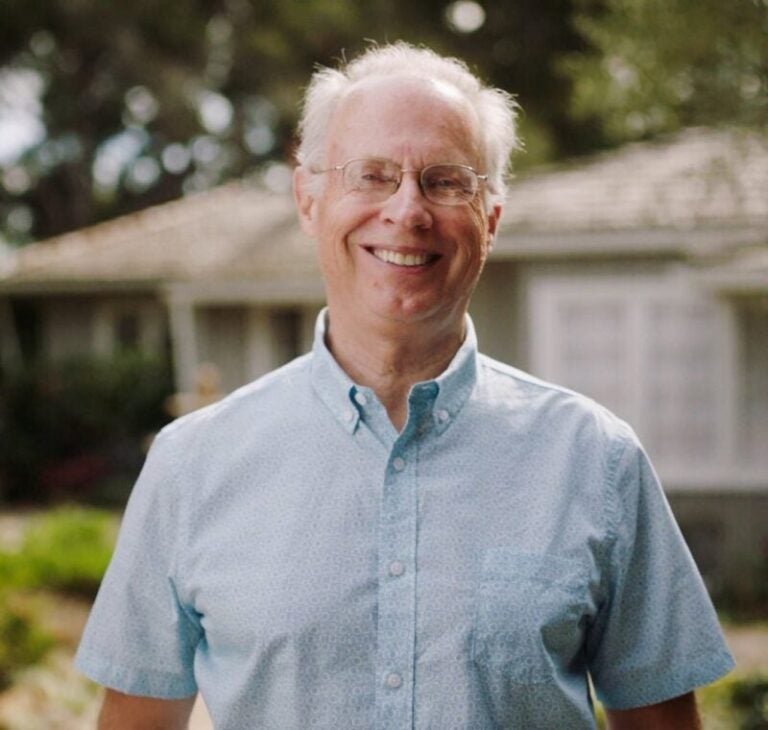“Because of [Finance of America’s] hard work, going above and beyond, we were able to ensure that our home value had not decreased.”
— Dave, real HomeSafe customer
“We were about to initiate our mortgage application when our community was hit by tragedy.”
We can have everything perfectly planned and ready to go, and then disaster strikes.
When we least expect it, an emergency situation can present itself, causing us to rethink everything we thought we knew and challenge our assumptions about how we can power through and reach a positive resolution.
Two years ago, Dave was applying for a reverse mortgage loan when his community was hit by devastating fires, leaving his neighborhood susceptible to landslides.
Dave grew up in Montecito, an area close to Santa Barbara, and moved away for college and a professional stint in London, England. But he was able to return and has lived there for 37 years. Since then, his home has undergone remodels and expanded from a two-bedroom into a four-bedroom with a family room and other upgrades.
Before the fires and the subsequent landslides, Dave was obtaining a reverse mortgage — a process he was a bit skeptical about. “In the early years,” Dave recalls, “it had a bad reputation, but legislation improved that reputation.”
The key for Dave was finding a new and strategic way to tap into the equity of the house while staying in the home for a period of time1.
The challenge for Dave came in the aftermath of the Thomas Fire, which ravaged areas around Santa Barbara and Montecito in 2017. While the fire spared his home, the barren hills above his home were susceptible to a debris flow from massive rains that destroyed several homes in the area. This brought into question whether Dave would be able to get a reverse mortgage, including the challenge of getting an accurate appraisal.
Luckily, the underwriting team at Finance of America worked to carefully make the case that being in a disaster zone didn’t affect the ability to get his loan.
Sometimes, there are challenges and tough decisions to be made. For Dave, a reverse mortgage was a savvy and productive tool that helped reach his goals and live the life he truly desired.
1The right to remain in the home is contingent on paying property taxes and homeowner’s insurance, maintaining the home, and complying with the loan terms.

— Dave, real HomeSafe customer